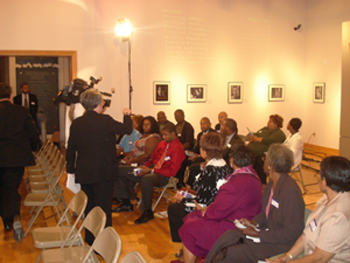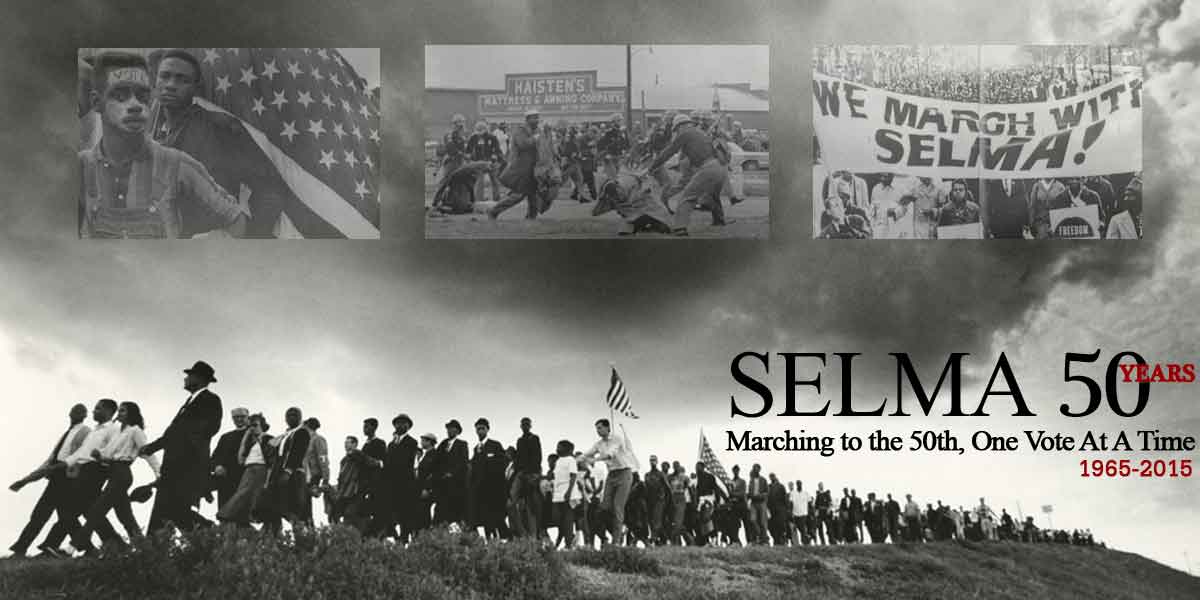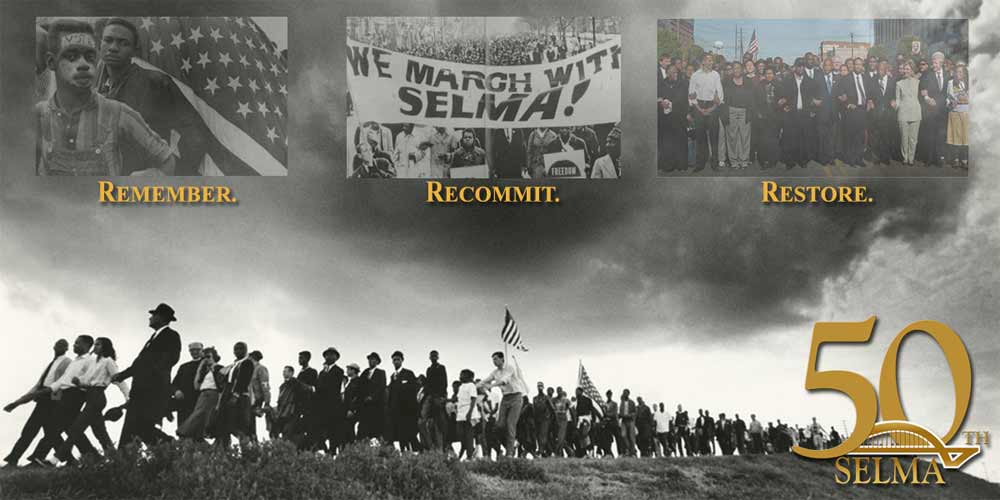The Birmingham City Council on Tuesday unanimously passed an ordinance that makes minority inclusion a necessary part of every municipal request for proposals and all city-awarded contracts.
City Councilor Steven Hoyt, who has made minority inclusion his political platform, amended the proposed ordinance on Tuesday’s agenda to remove language “encouraging a minimum of 27 percent minority business participation.” That percentage would have invited lawsuits that, in the past decade, have successfully overturned so-called minority set-asides; high courts have generally ruled them unconstitutional.
Instead, Hoyt advanced amended language that states in part, ”As a matter of public policy, the City of Birmingham agrees to make opportunities available to the maximum extent possible, to actively include Historically Underutilized Business Enterprises (HUBE’s) such as architectural firms, engineering firms, investment banking firms, other professional consultant services providers, and construction contractors as part of business, economic and community revitalization programs.”
Hoyt said while the language still seems vague, he is confident it will mean true economic inclusion, since Mayor Larry Langford has committed to ensuring that black- and women-owned businesses participate economically in the city’s revitalization.
“This is how we begin to change Ensley and other communities, when the money has a chance to get back into the community,” Hoyt said.
City resident William Muhammad, who spoke to the Council before its vote, urged councilors to ensure that minorities have an equal chance to ride the economic development train, by owning businesses that get some of the public money spent on revitalizing the city, not just by the creation of jobs.
Coupled with the disparity study done under the Kincaid administration, Hoyt said the city should now have a program with the necessary legal power to enforce the spirit of the original ordinance.
But Deborah Vance, Langford’s Chief of Staff, said that she has yet to find the final report from the $500,000-million study. However, she pledged to contact the consultants to get the report and its findings to the council and the public as soon as possible.
The U.S. Supreme Court has held that local governments can legally create minority participation percentages if – through a disparity study — they can demonstrate historical patterns of discrimination against minority-owned businesses in awarding contracts, to the economic detriment of those businesses.










